opens in a new window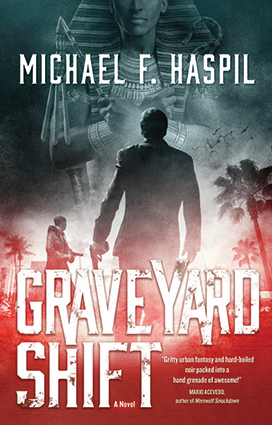 Written by opens in a new windowMichael F. Haspil
Written by opens in a new windowMichael F. Haspil
Whether we’re neophytes, first touching pen to paper, or storied veterans with hordes of bestsellers on our trophy walls, writers are suckers for any kinds of tools to help us in our art. This is especially true when we feel like we’re stuck in the drudgery of the task. That’s the perfect time to spice things up and bring fun back into the process. Games can help us break stubborn blocks, avoid Gary Stu situations, develop plot points, and generate writing prompts to prime the muse.
I used to work in a tabletop gaming store–the truth is, I hung out there so much they gave me a job. I got exposed to lots of tabletop games which led me to two observations. First, there are a plethora of games out there that writers can hijack and convert into writing tools. Second, a surprising number of writers loiter around the friendly local game store. Speaking to said writers about games, I came up with a list of ones that were truly useful. Here are the top five.
Let’s count them down:
5. DIXIT from Asmodee

This is a fantastic game for those times when the cursor just sits there blinking at you and your brain is mush. DIXIT is a quick storytelling card game for three to six players. The players all draw cards with dreamlike images on them. One player, the Storyteller, attempts to describe a card at random. The other participants each select one of their cards that they feel most closely matches the Storyteller’s description. The Storyteller takes all the cards, mixes them together (without the others seeing), and everyone tries to guess which card was the Storyteller’s.
Use it to generate writing prompts when the muse doesn’t want to help. Deal yourself a hand of cards, then lay them out and interpret them into a story. It’s guaranteed to get those creative neurons firing. The base game comes with eighty-four cards and numerous expansions exist to fit different themes, so you can get a lot of use from this one.
4. Rory’s Story Cubes from Gamewright
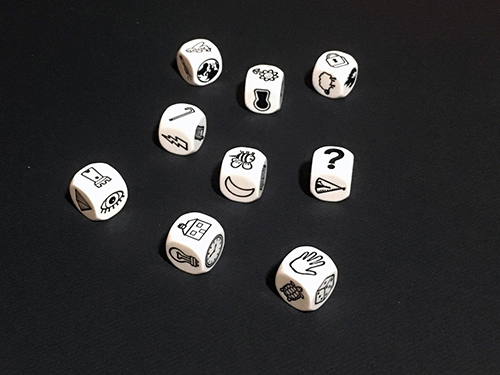
The core set of Rory’s Story Cubes comes with nine dice with various images on them. The idea is to roll the dice and interpret the images, either literally or symbolically, into a story, much like DIXIT. I lean on Story Cubes a bit more because I prefer dice. Plus, they are easily portable and there’s even a smartphone app! Rory’s Story Cubes have several expansions that add dice for stories in different genres, like mystery, fantasy, action, and more.
3. StoryForge by B.J. West
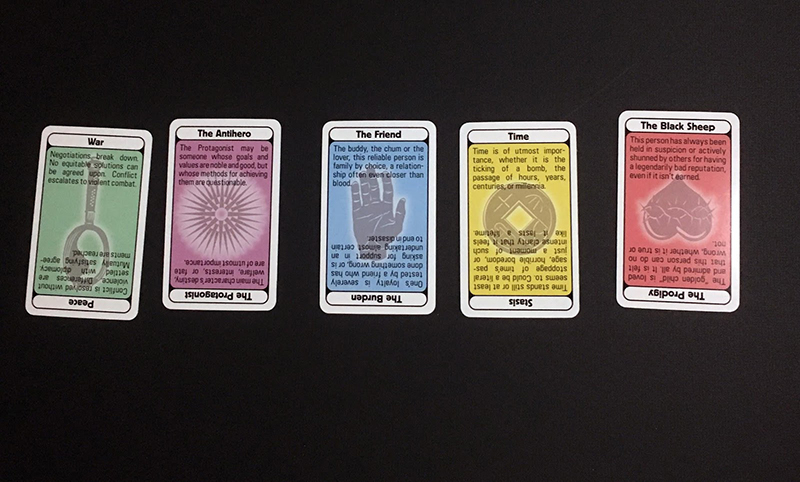
This isn’t really a game per se, but an outstanding tool to help with plotting and breaking through writer’s block. Imagine a set of Tarot cards, but instead of the normal arcana, you get eighty-eight cards labeled with Jungian archetypes, stages of The Hero’s Journey, Maslow’s Hierarchy of Needs, etc.
This is amazing to use for solitary brainstorming in early stages of your work and for generating plot points and characters. You deal the cards out in “spreads,” much like the Tarot, and interpret them from there.
2. FATE Dice (sometimes called FUDGE Dice)
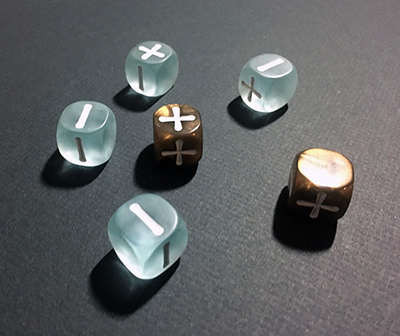
These are fantastic gaming dice most often used with the FUDGE or FATE role-playing systems. Unlike the polyhedral dice we normally associate with role-playing games, these are almost normal six-sided dice. Instead of numbers or pips, they come marked with simple plus and minus symbols, which make them ideal for helping us avoid Gary Stu moments and adding a random element to help punch up a stagnating scene. Simply take four of the dice and roll them. Count the pluses and minuses. More pluses mean something good happens. More minuses are bad. Easy peasy.
FATE Dice came to my rescue in my novel Graveyard Shift. In my original draft, Alex, an immortal pharaoh and my protagonist, entered a convenient store occupied by vampiric thugs. He handled business deftly and like a pro, dispatching the vampires with righteous fury and efficiency. My beta readers didn’t like the scene. It dissipated tension and lessened the threat posed by my villains. A few rolls of FATE Dice fixed that problem. First thing that happened in the new scene, Alex got his gun knocked out of his hand. Then a slew of other things went wrong. I rolled poorly that day, but it made for a much better scene.
- 99 Chances from Gorilla Games
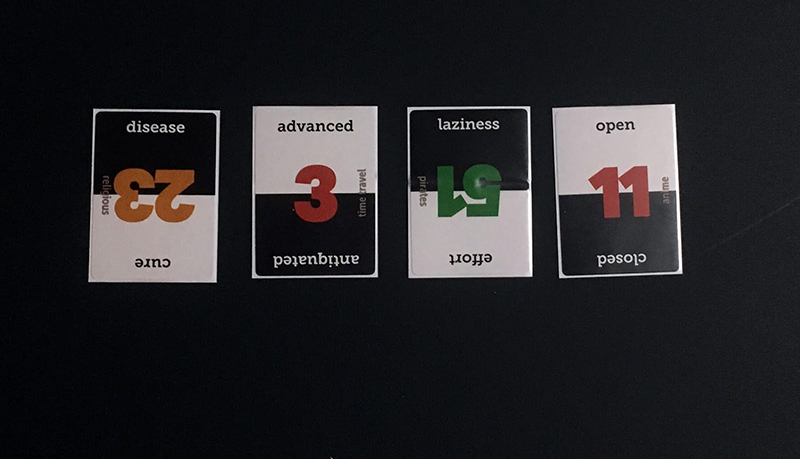
Last, but certainly not least, 99 Chances is a favorite of mine and is the perfect way to generate writing prompts, minor characters, or problems for your characters to deal with. It is a mandatory component in my writing toolbox. 99 Chances consists of a deck of ninety-nine cards, each labeled with a number, opposing sets of words (good/bad, strong/weak, rich/poor), and a genre (science fiction, action, musical). Players select a hand of cards and then must pitch a story combining two of the genre cards. (It helps nascent writers practice live pitch sessions as well). After that, players generate characters based on their resources (the positive words in the opposing pair) and other players pass them problems (the negative words), they work together to weave an interactive story.
Used solo, it is a fantastic brainstorming tool. If I’m really stuck and can’t get going, often I’ll shuffle and deal some cards from 99 Chances and write up a paragraph or two. After writing about a gothic alien invasion, I have no problem getting into the groove.
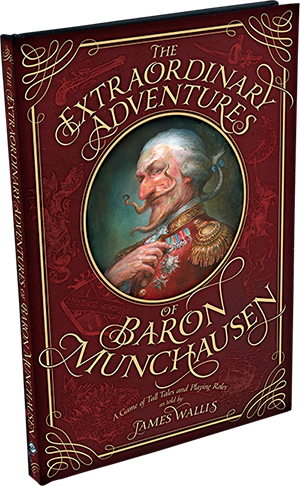 Honorable Mention: The Extraordinary Adventures of Baron Munchausen from Fantasy Flight Games
Honorable Mention: The Extraordinary Adventures of Baron Munchausen from Fantasy Flight Games
Okay, you got me. This one is a kind of cheat because a list of five things sounds better than a list of six. You won’t use Munchausen directly to help your writing. But it will force you to get the creative juices flowing and it’s great fun to play with fellow writers, especially at conferences. Participants assume the roles of eighteenth century nobles in a storytelling contest, each trying to best the others with absurd tales almost too farfetched to believe. Players confound one another by offering difficult story prompts, which they must spin into tales of high adventure. Consider this game a Stairmaster for your imagination. Play this enough and you won’t have a problem coming up with a story when someone says, “Tell us, Baron, about the time you saved Jacques de Molay from the fires of the Inquisition with only a straw hat and a purloined copy of the Necronomicon.” Once you can do that, coming up with stories that are actually supposed to make sense is a cinch.
I hope this list has delivered some fun methods of smashing through writer’s block, generating fun prompts, and brainstorming alone. The best part is when we’re done with our writing sessions (and only then), we can play outstanding games!
[Disclaimer. I am not affiliated with any of the games or tools discussed in this post.]
Order Your Copy
opens in a new window opens in a new window
opens in a new window opens in a new window
opens in a new window opens in a new window
opens in a new window opens in a new window
opens in a new window opens in a new window
opens in a new window
Follow Michael Haspil on opens in a new windowTwitter, on opens in a new windowFacebook, and on his opens in a new windowwebsite.

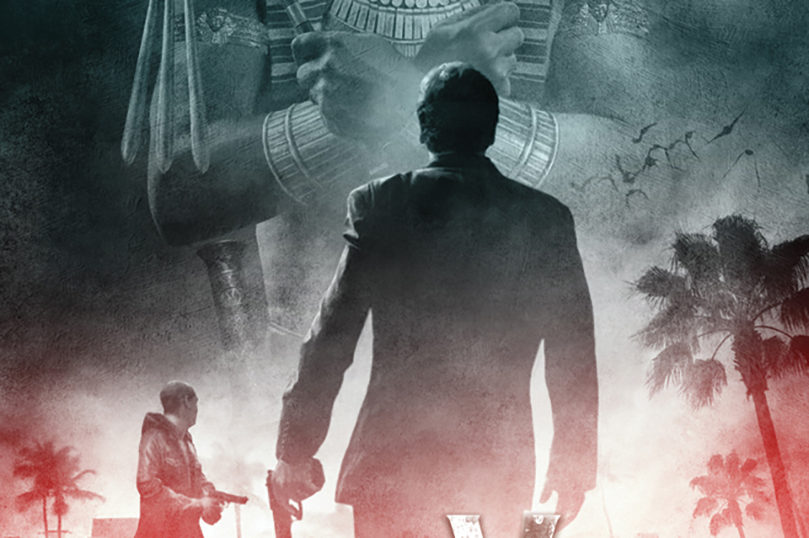




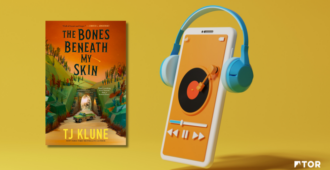
Also highly recommended to get the narrative adrenaline pumping – Fiasco, the roleplaying game where you collaboratively develop a plot for your own Coen bros-style movie. Usually a 4 player game, and usually gets pretty messy, but what’s to stop you using it solo? You can download the gamebook online, and there are dozens of settings to choose from (like Victorian London, 1970s disco fever, Chicago underworld, etc.) Highly recommend!
Completely agree! I haven’t tried it solo. But, with the right crowd, Fiasco is a good time.
FATE is my favorite RPG system.
Another storytelling card game worth mentioning: Once Upon a Time.
https://www.atlas-games.com/ouat3/
The original French game was beautifully illustrated by Florence Magnin.
https://www.florence-magnin.fr/
https://www.kulturopat.org/img/articles/game_il_etait_une_fois.jpg
FATE RPG is amazing. And Once Upon a Time is a fantastic game. I didn’t know it was originally French. Thanks!
FATE is amazing, but the way it’s described here is really poorly done, at least in terms of the bigger context of how this will help your writing.
Well, I wasn’t trying to get everyone to play FATE as that probably won’t directly help your writing. I just use the FATE dice when I write (and probably an internalized ladder from the FATE system.) But yeah, fair enough, I definitely didn’t do the FATE system justice.
I would be remiss if I didn’t mention Backstory Cards here. They’re for helping create vibrant backstory among a group of characters that begin a story knowing each other.
https://backstorycards.com
I am totally stealing these. Now I want to have a writer’s fun day just to try them out.